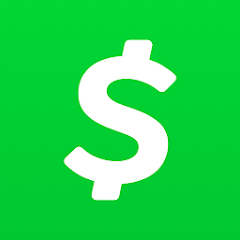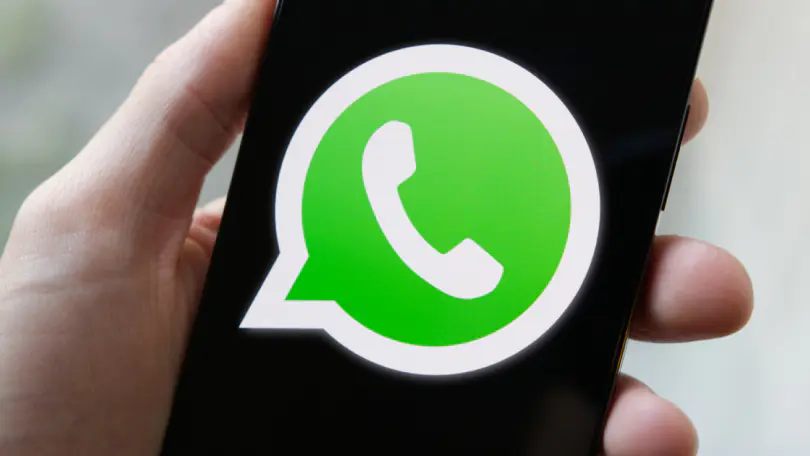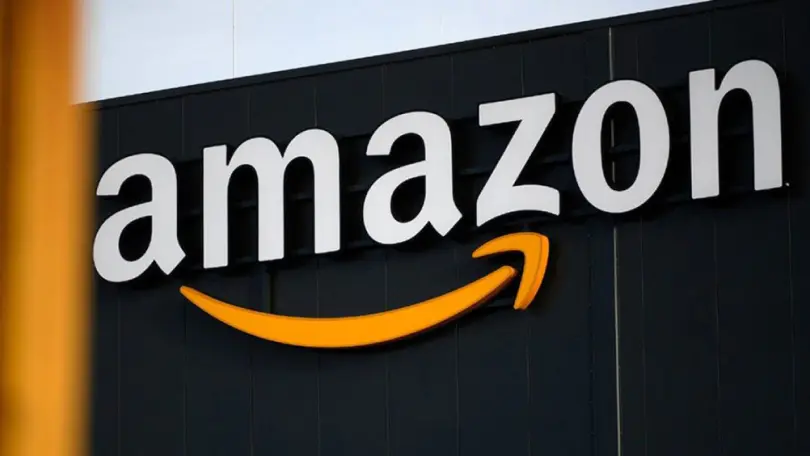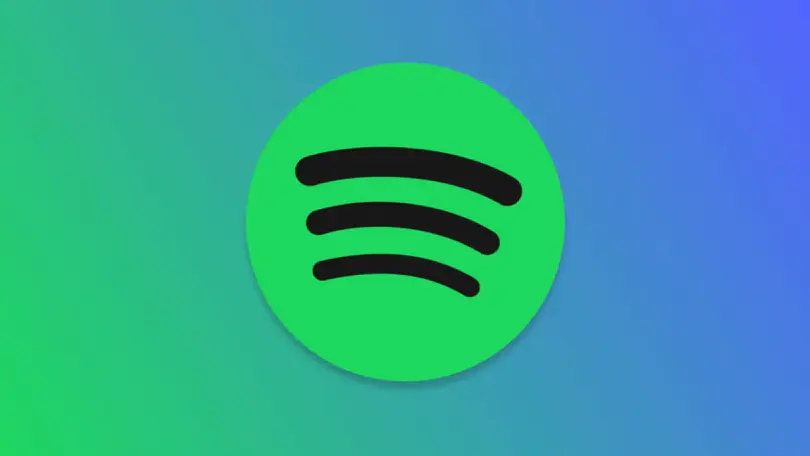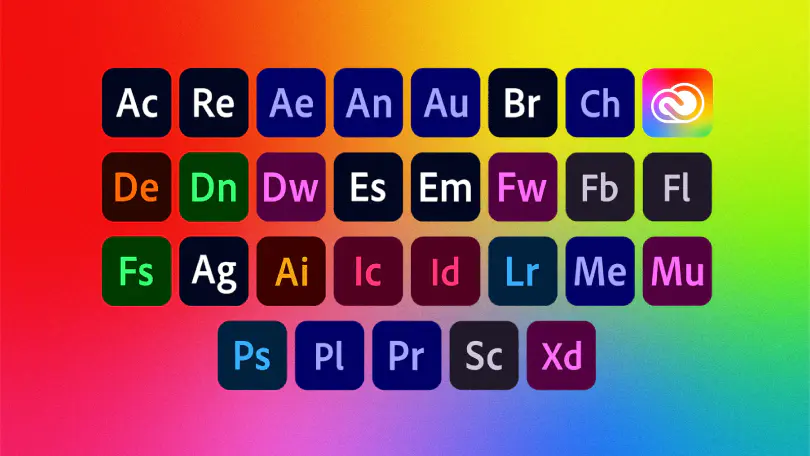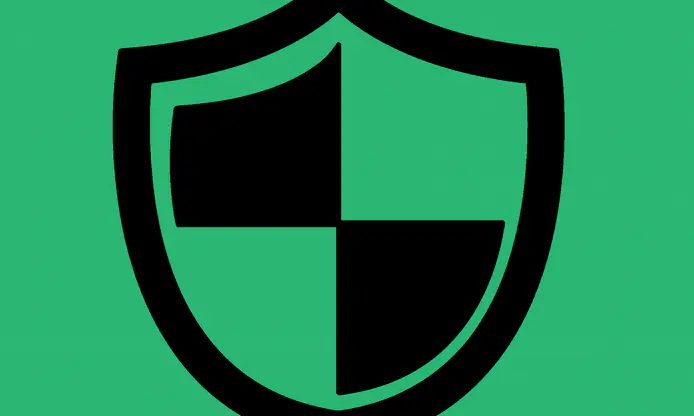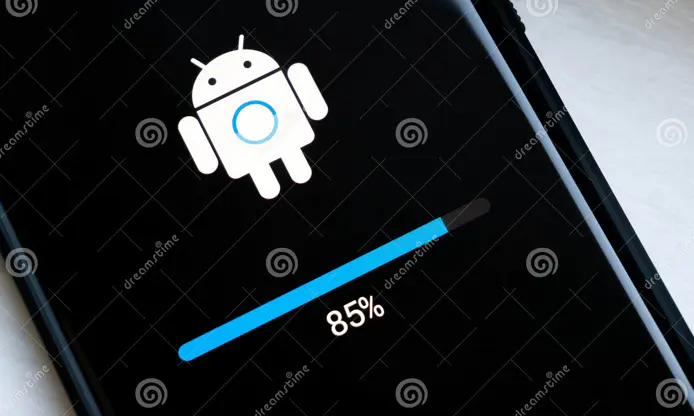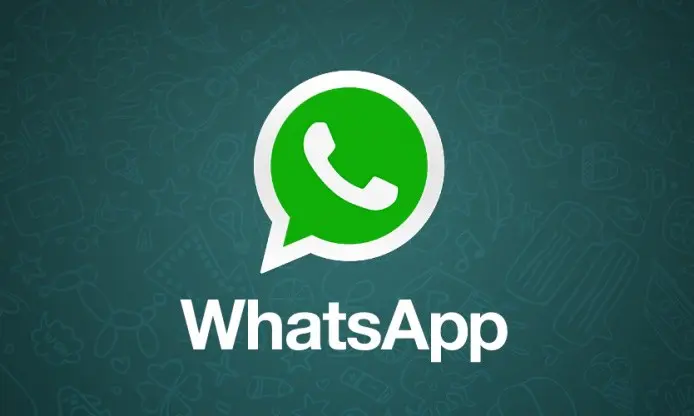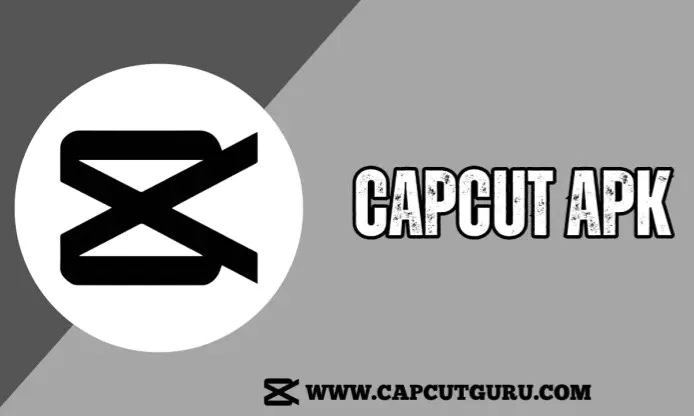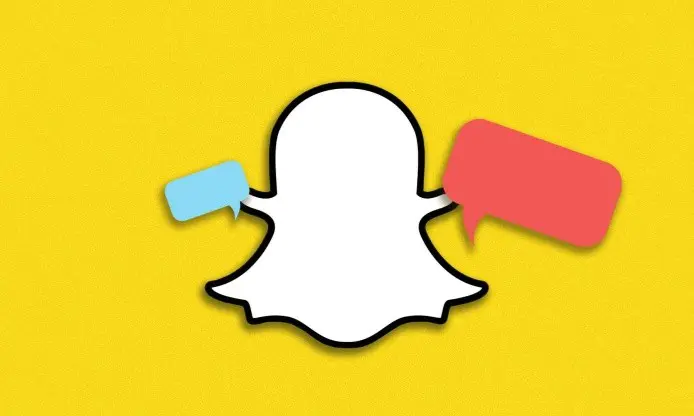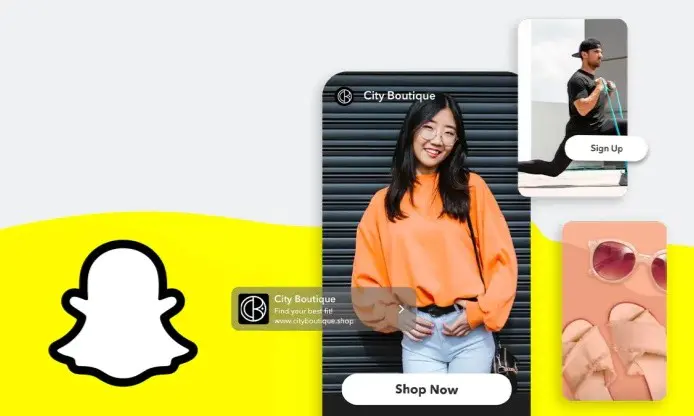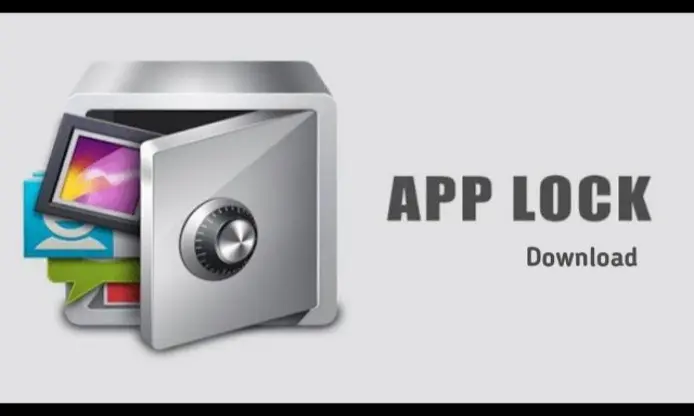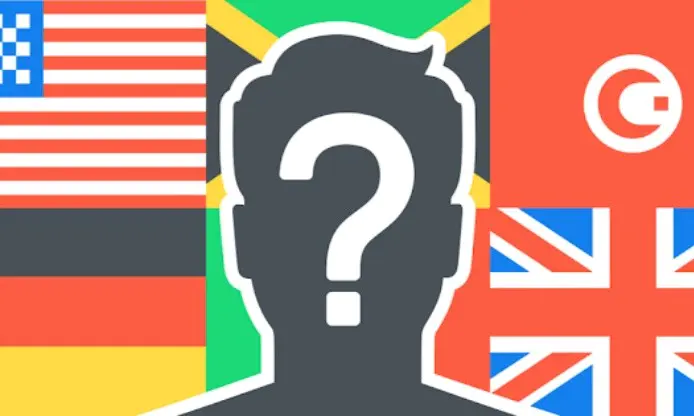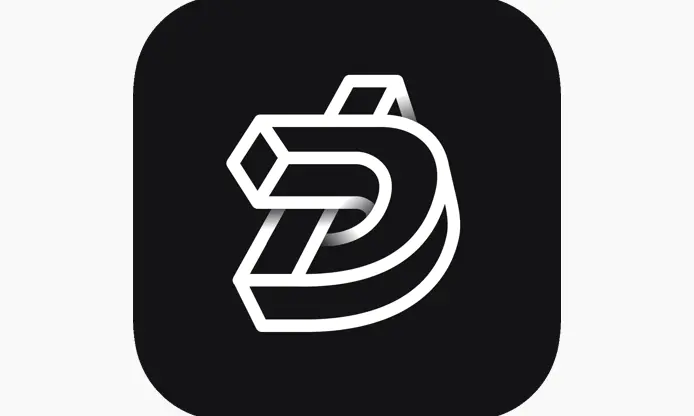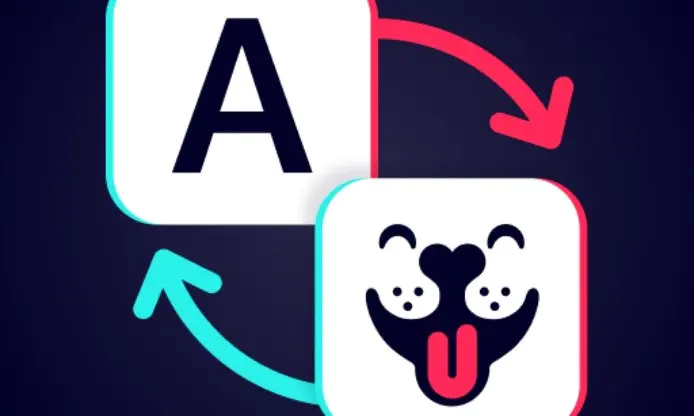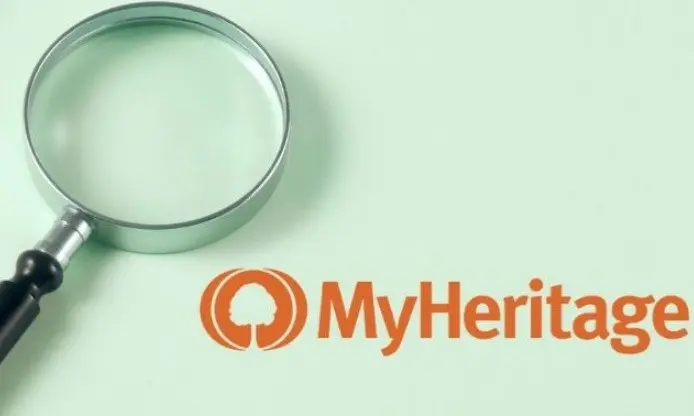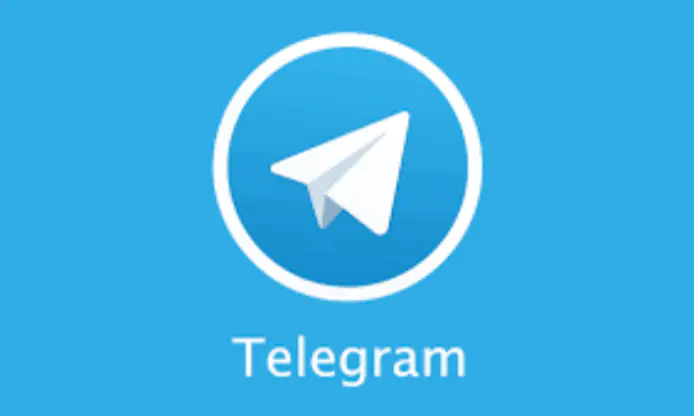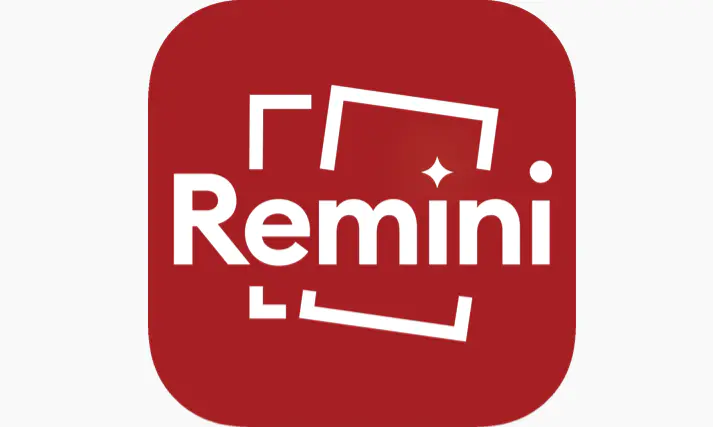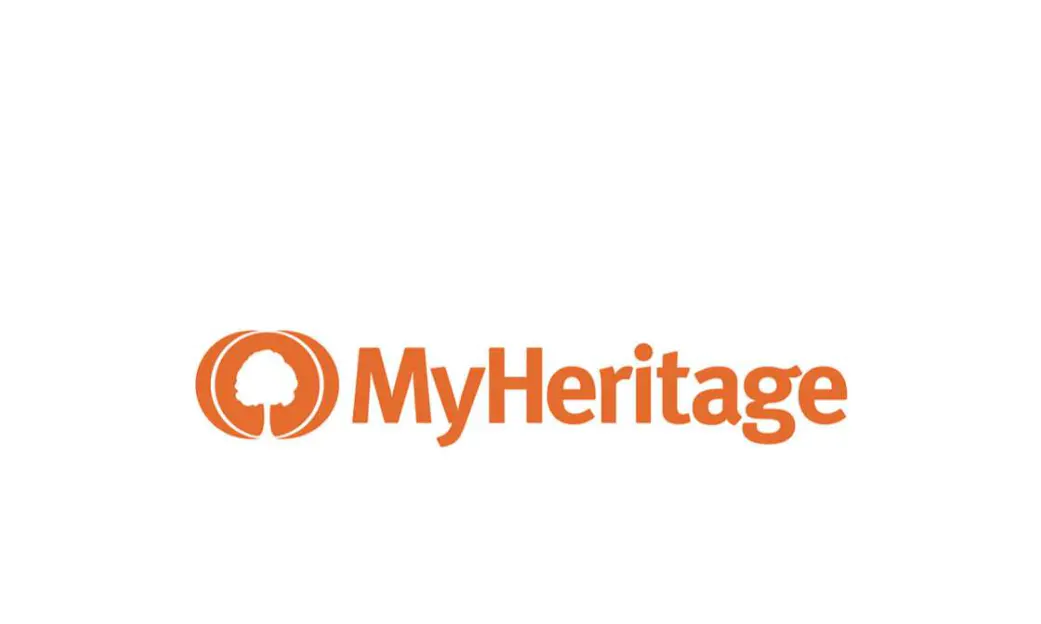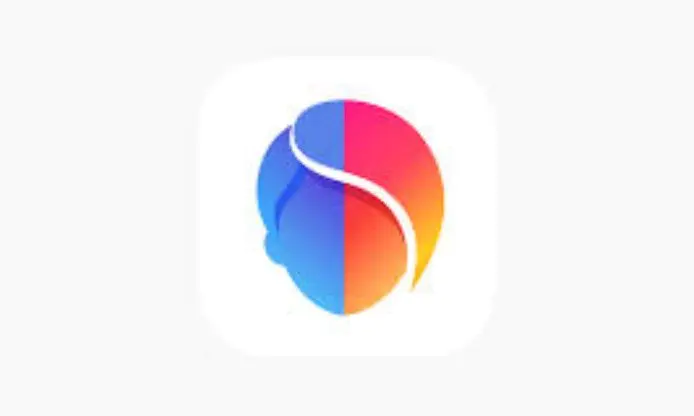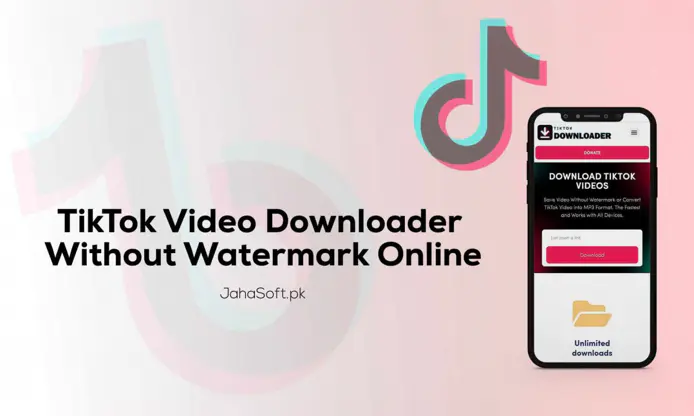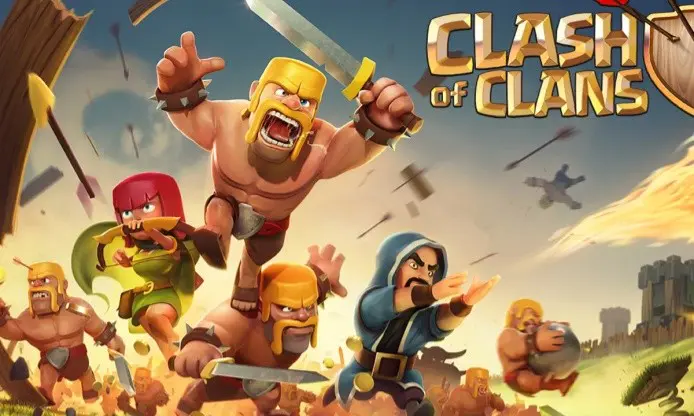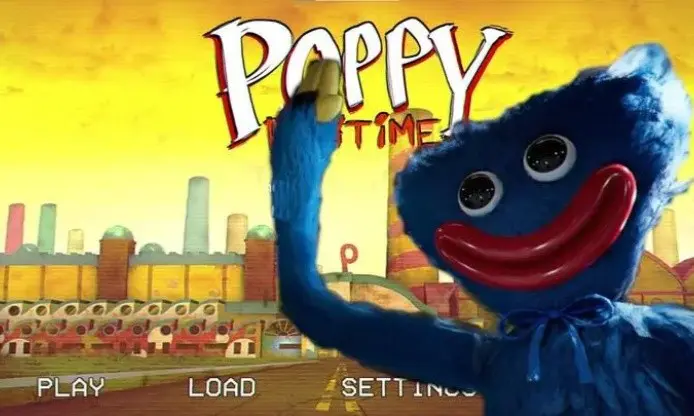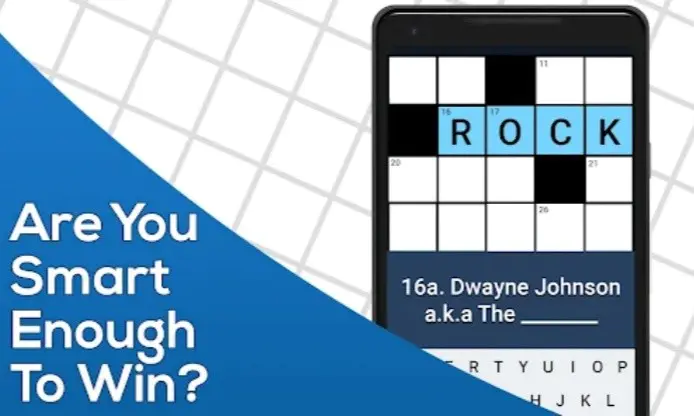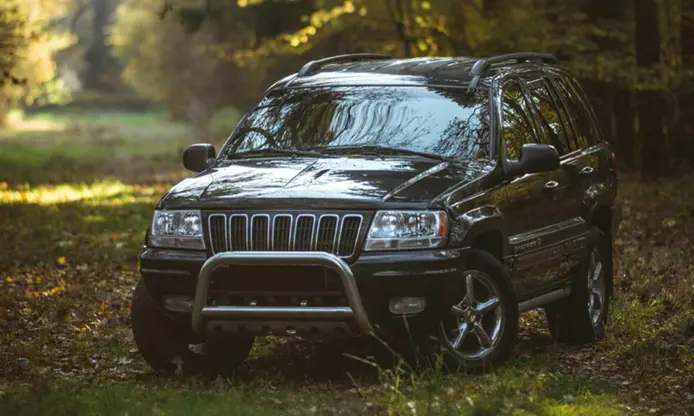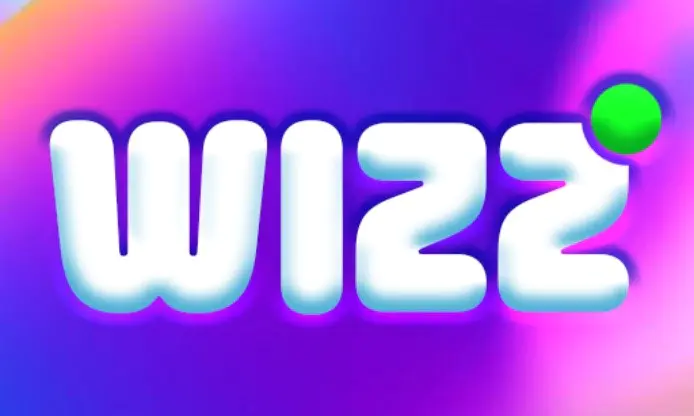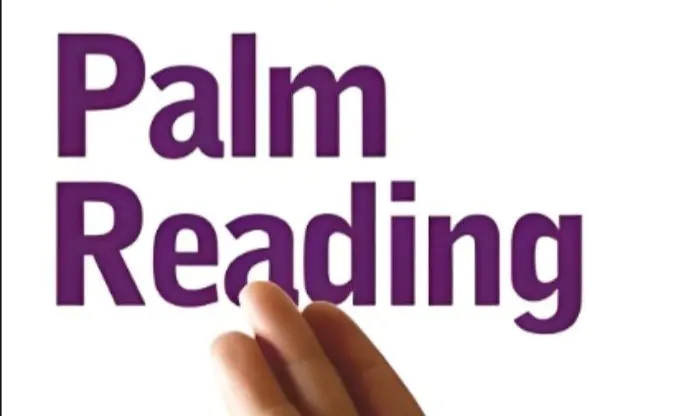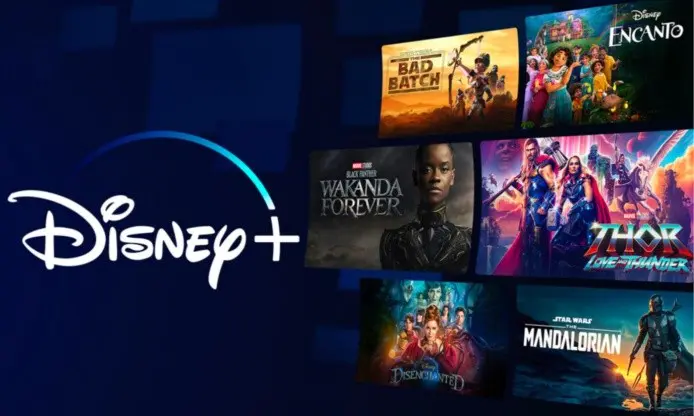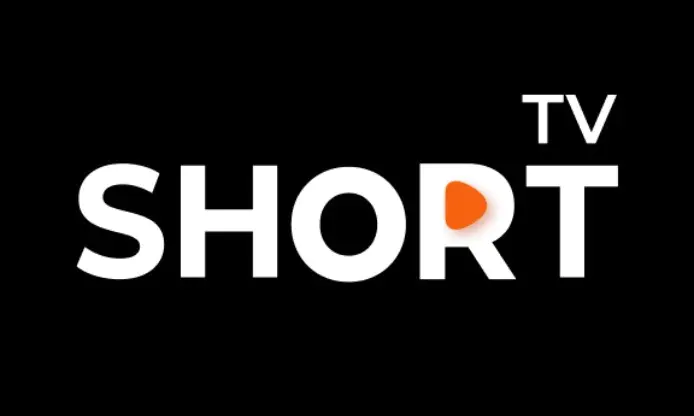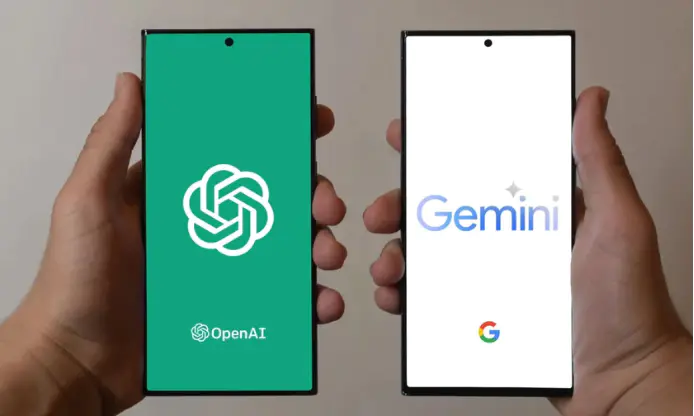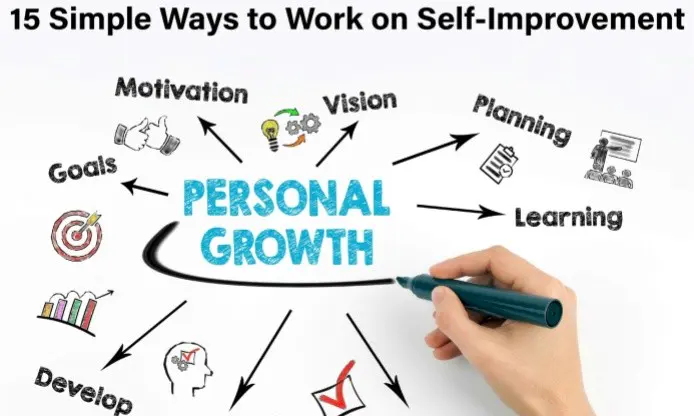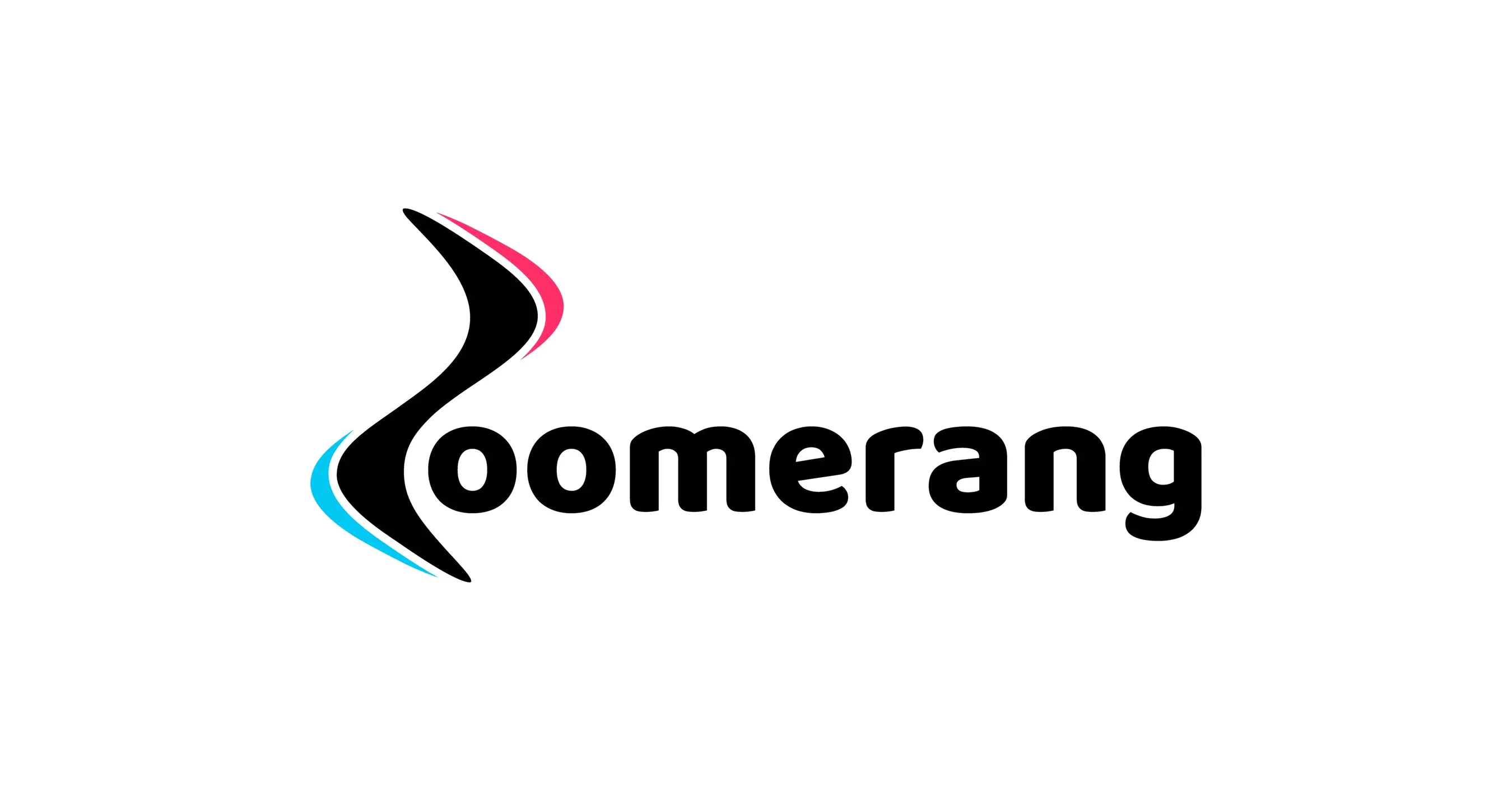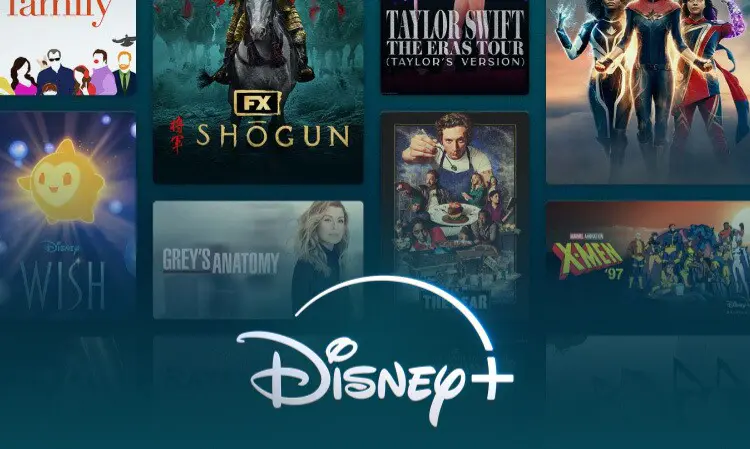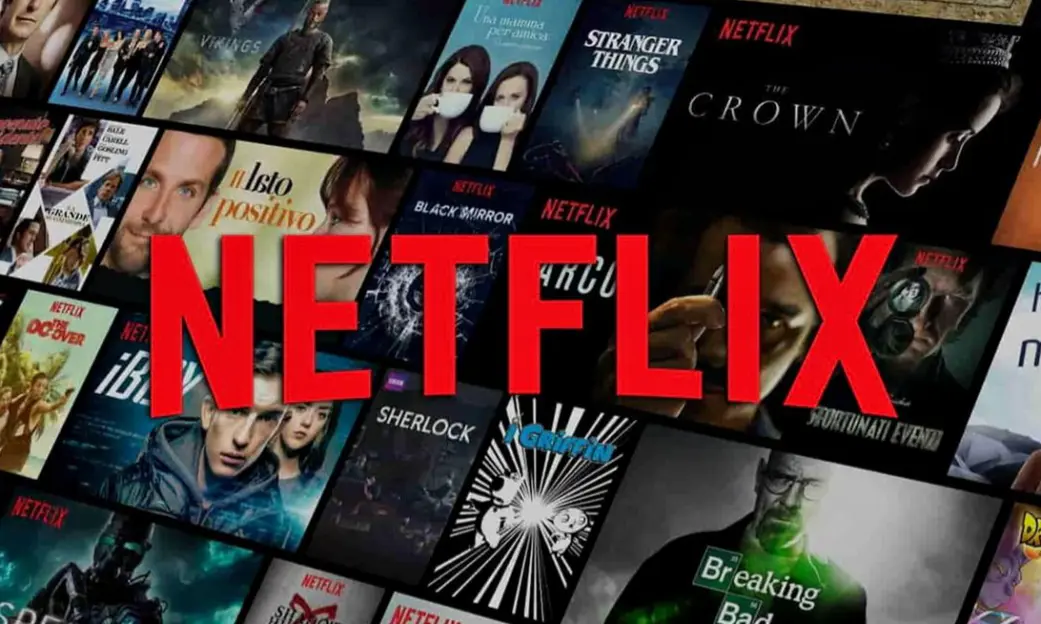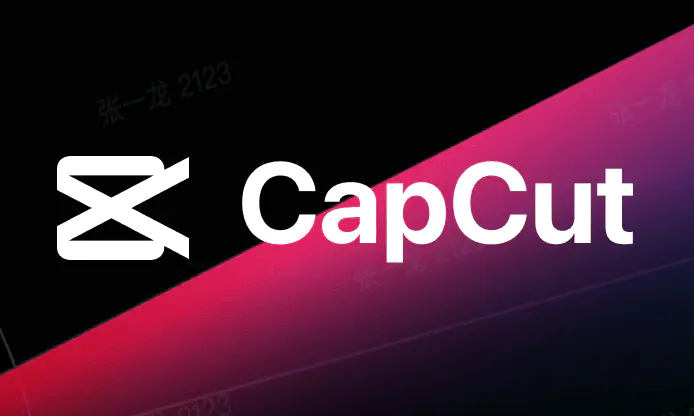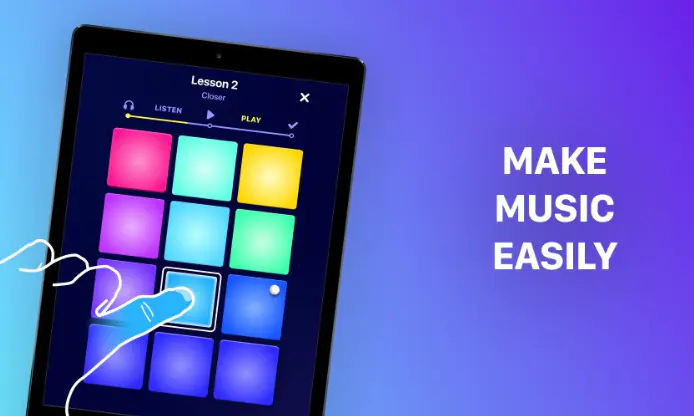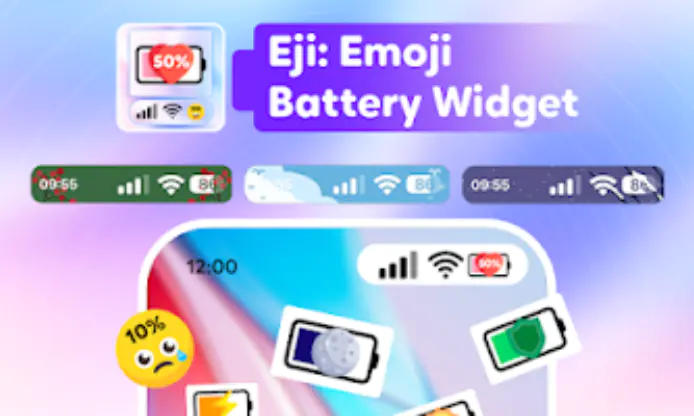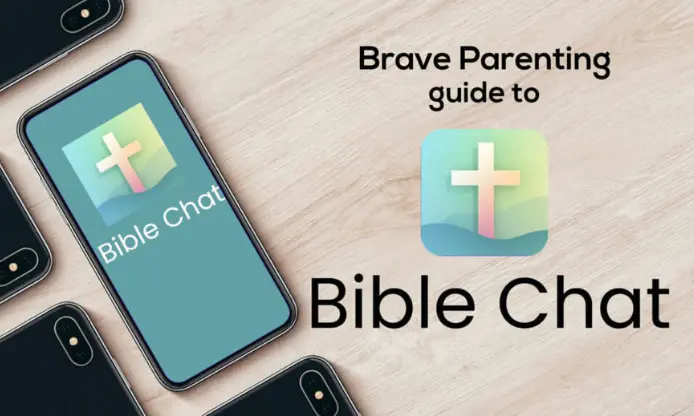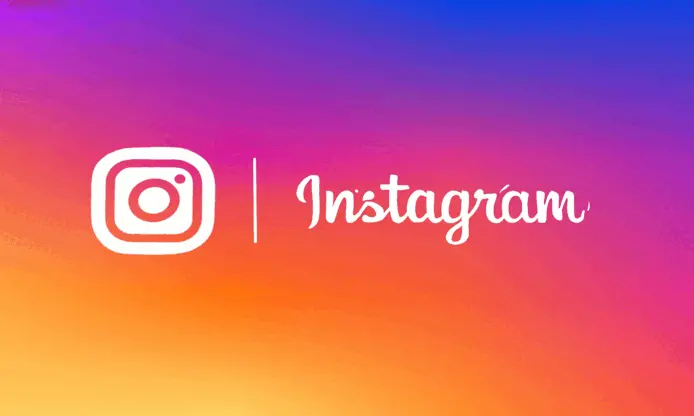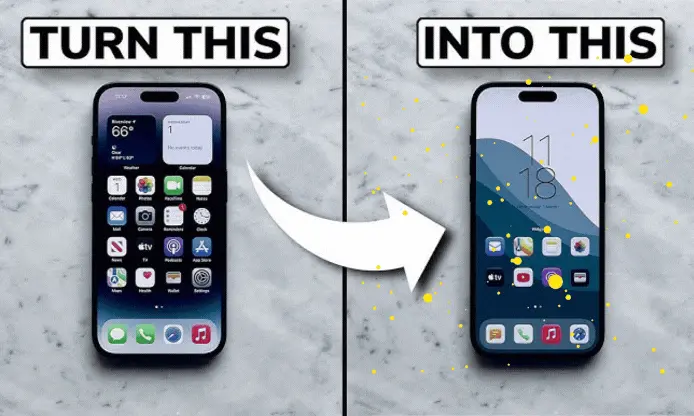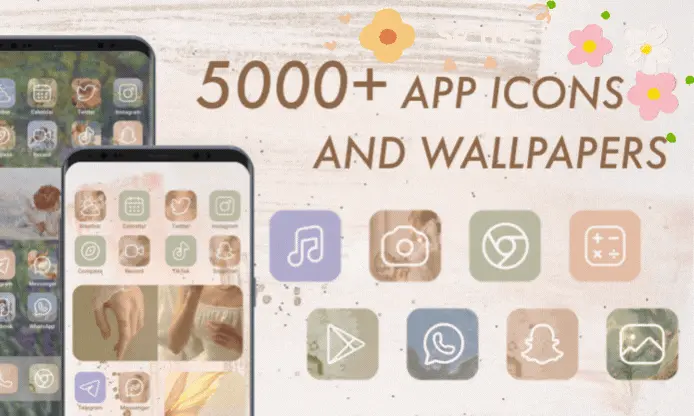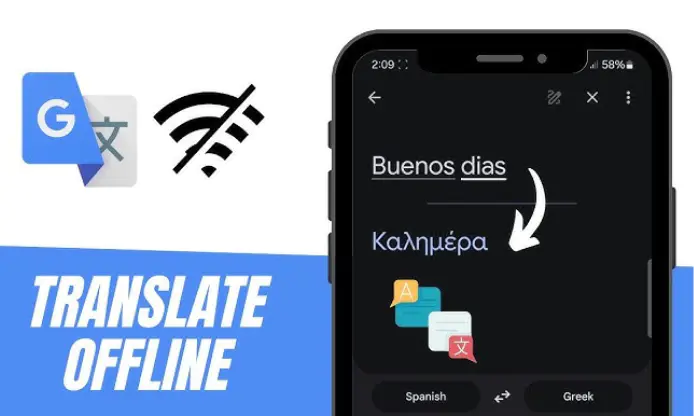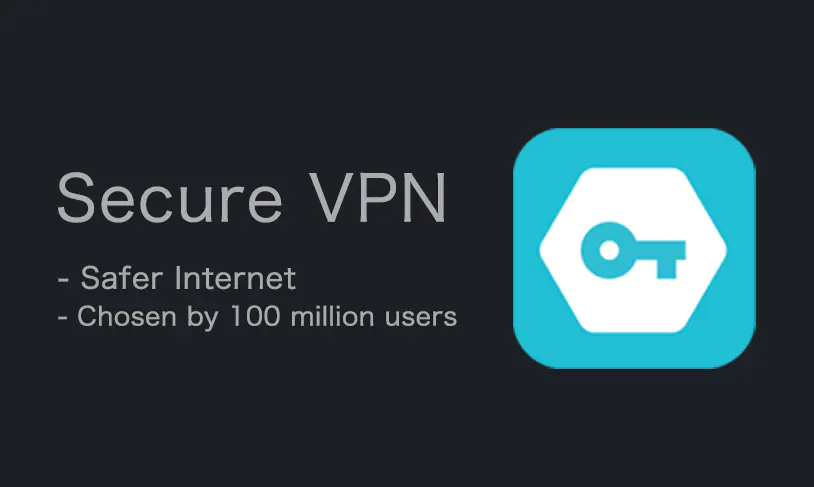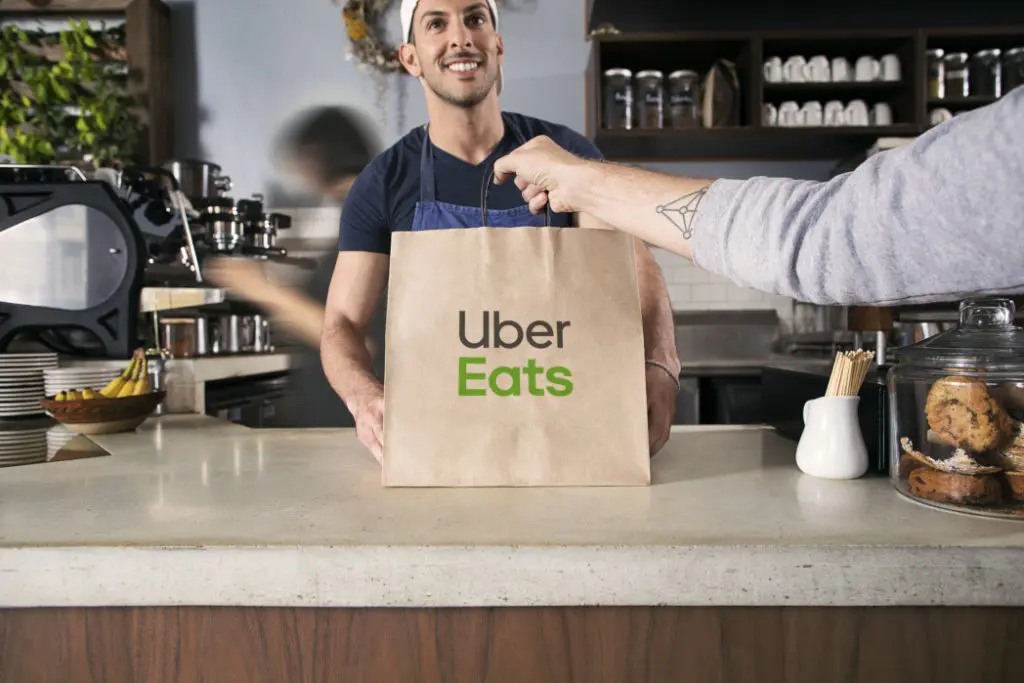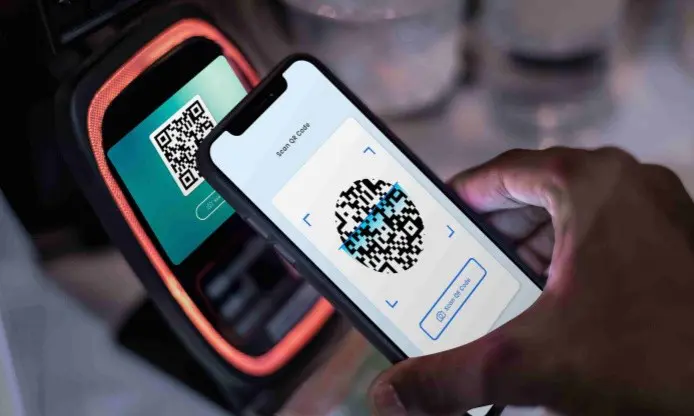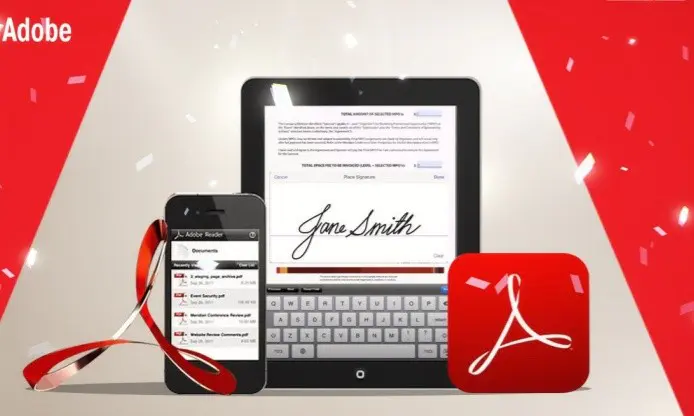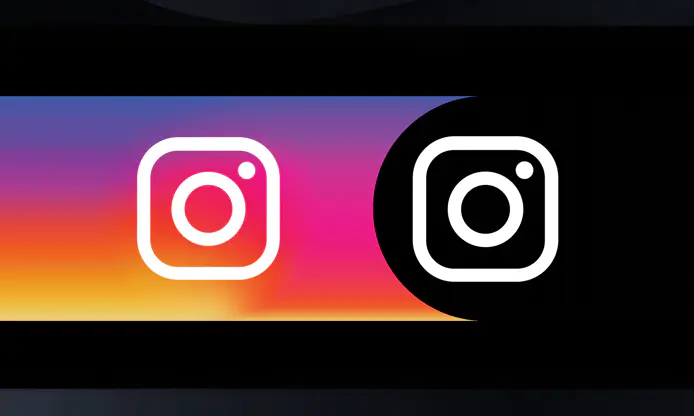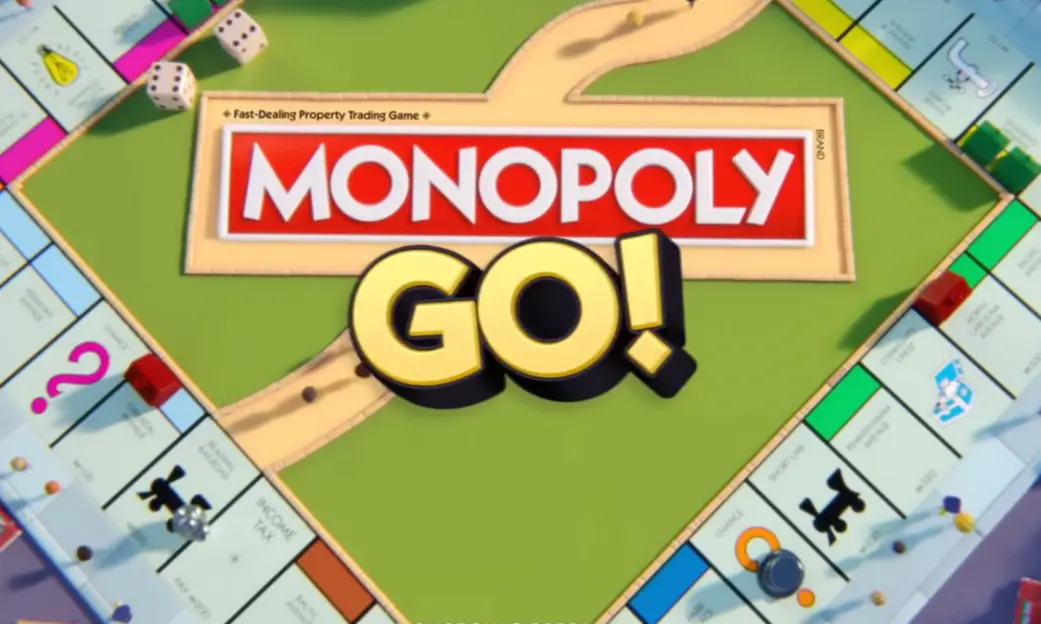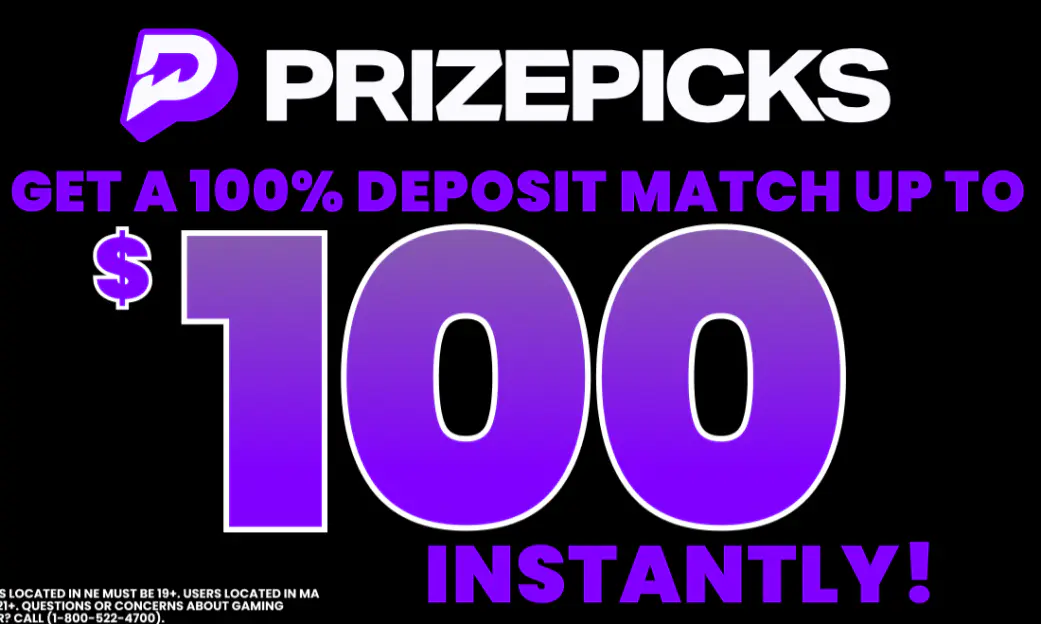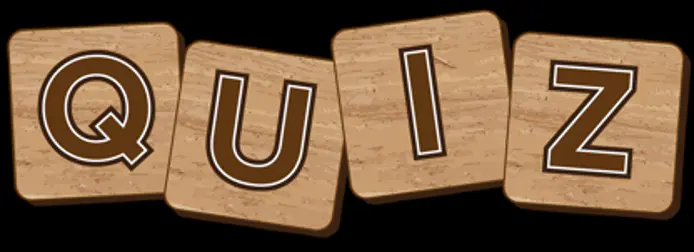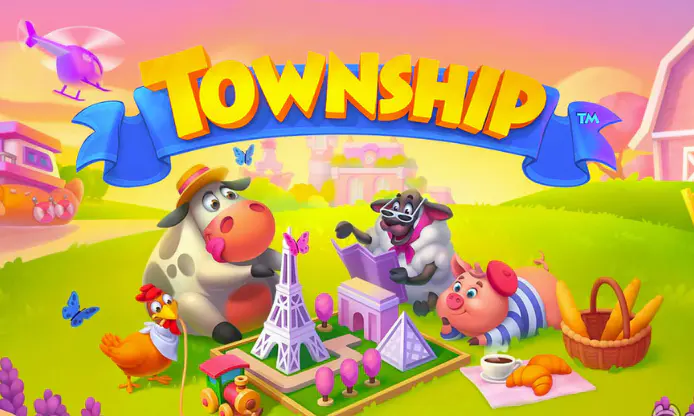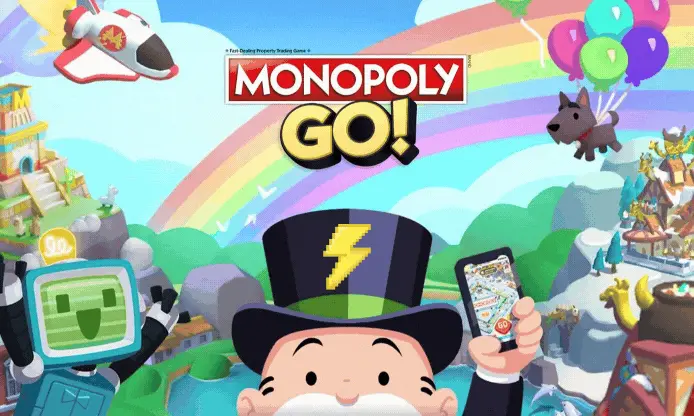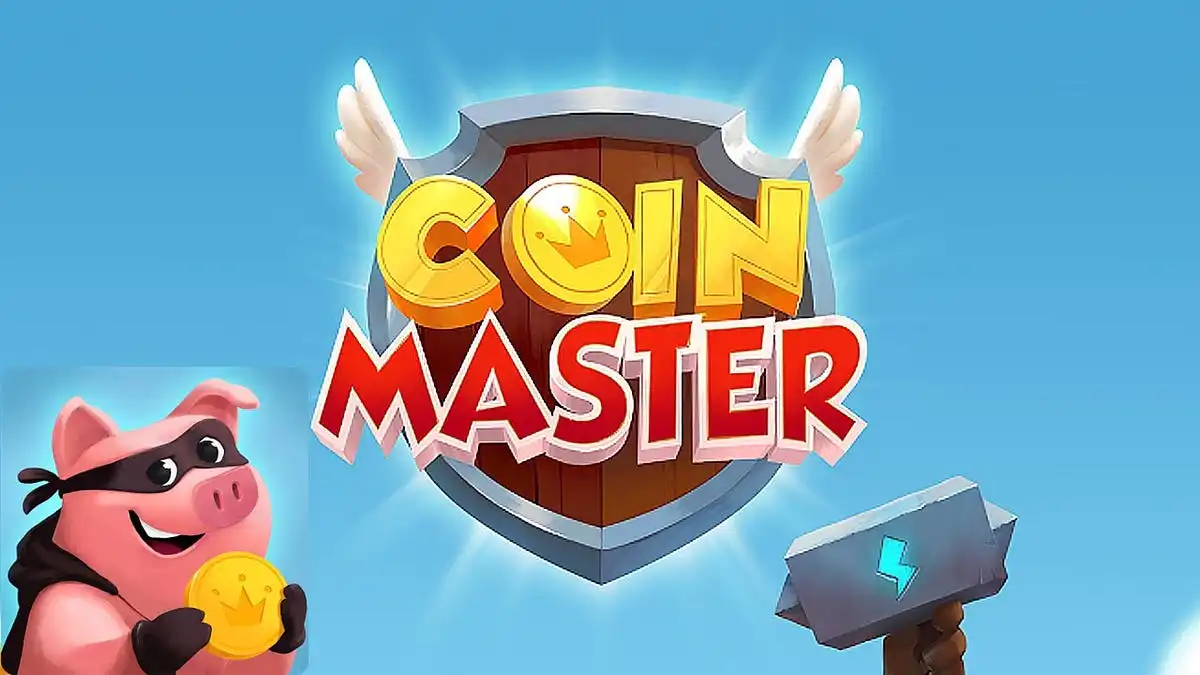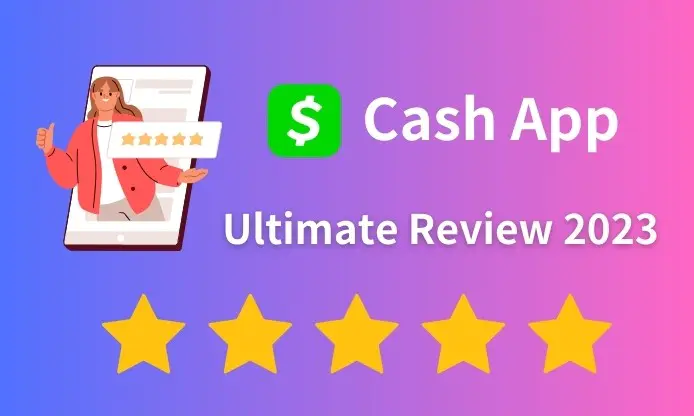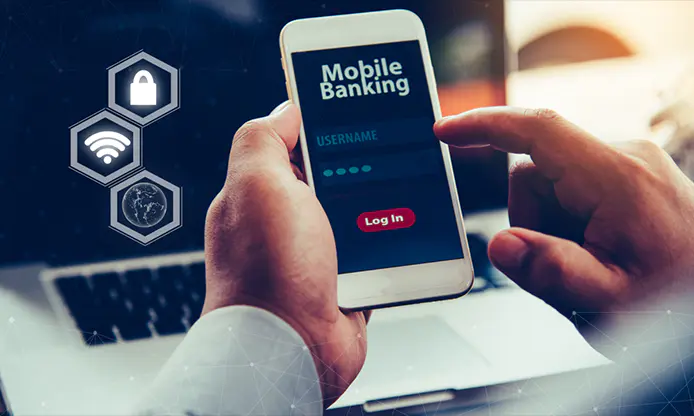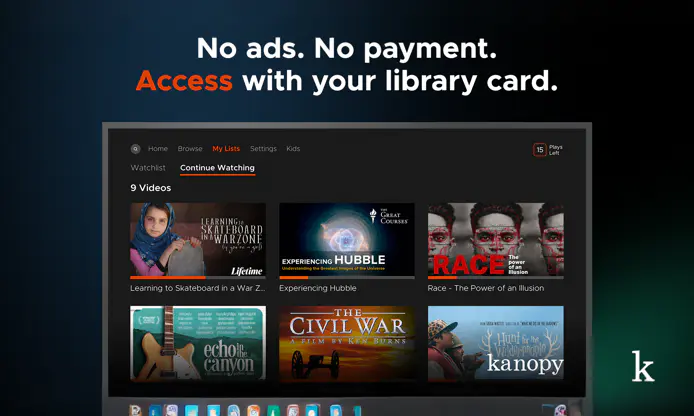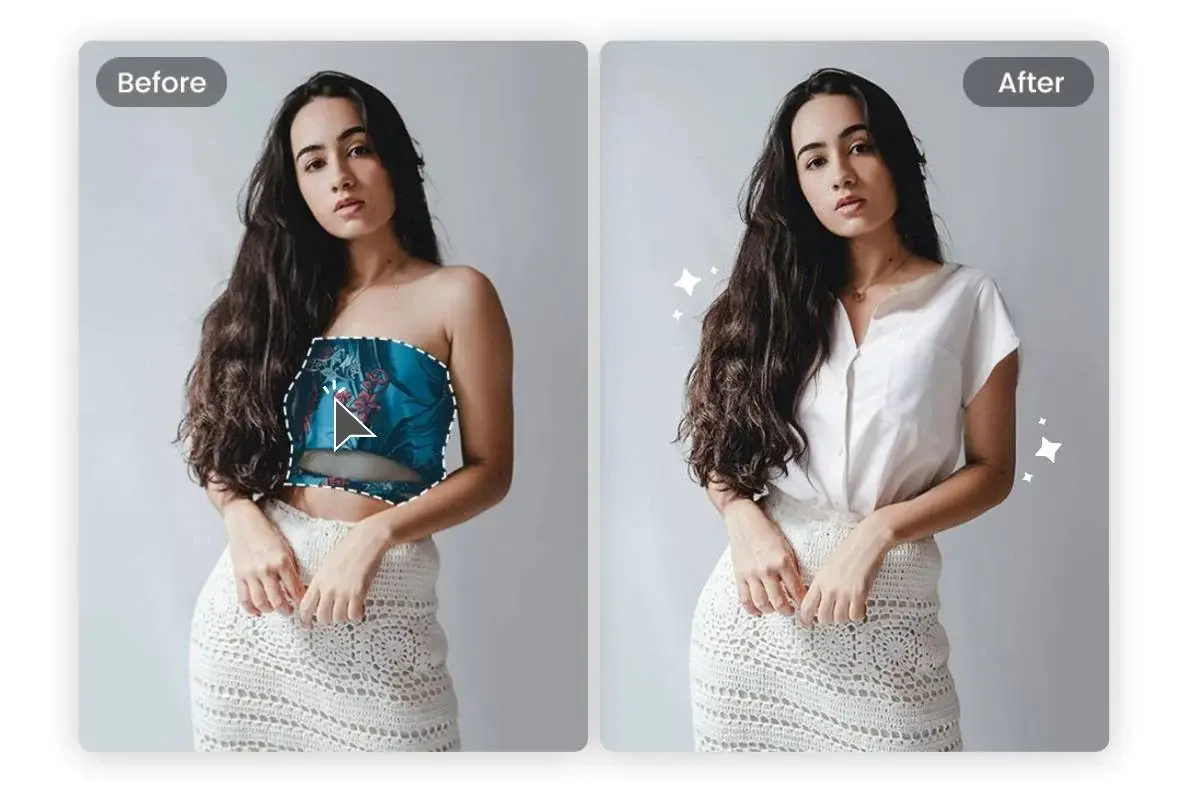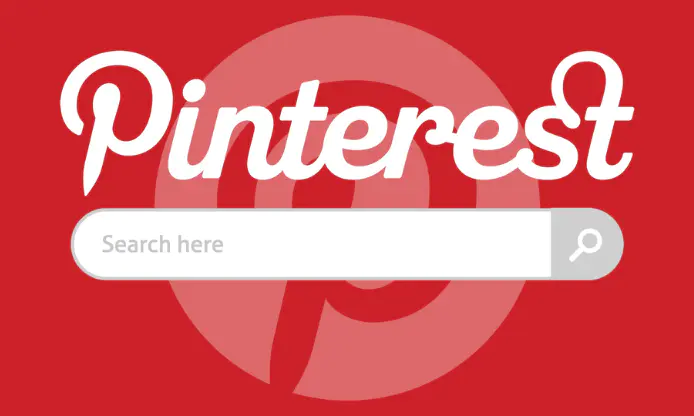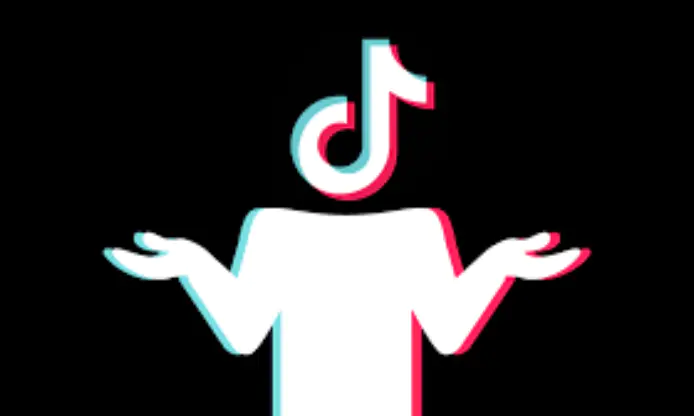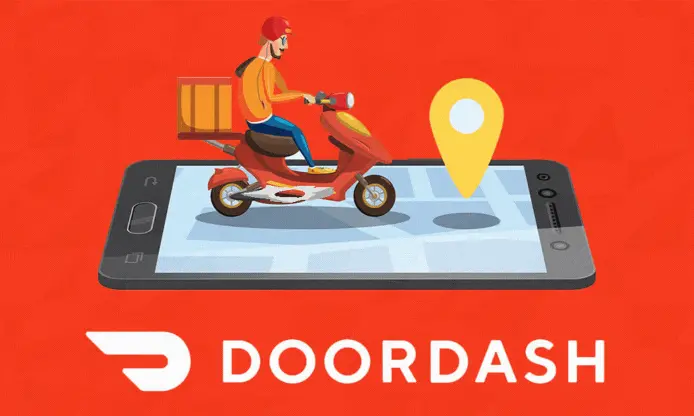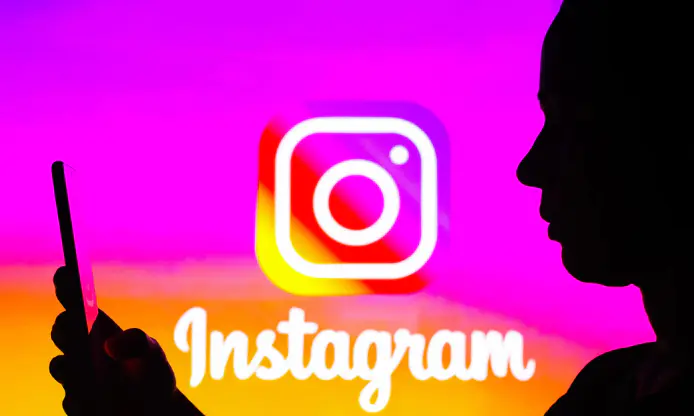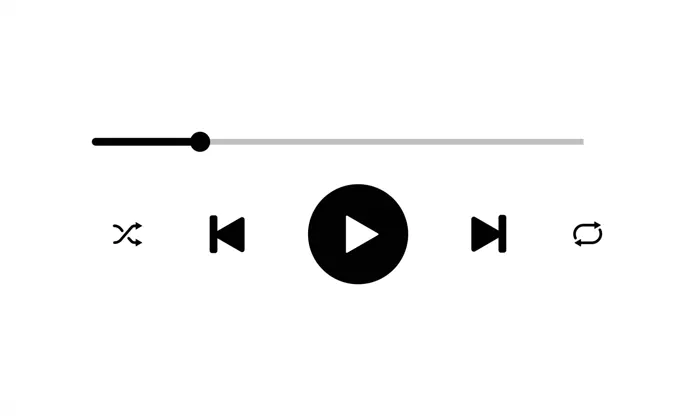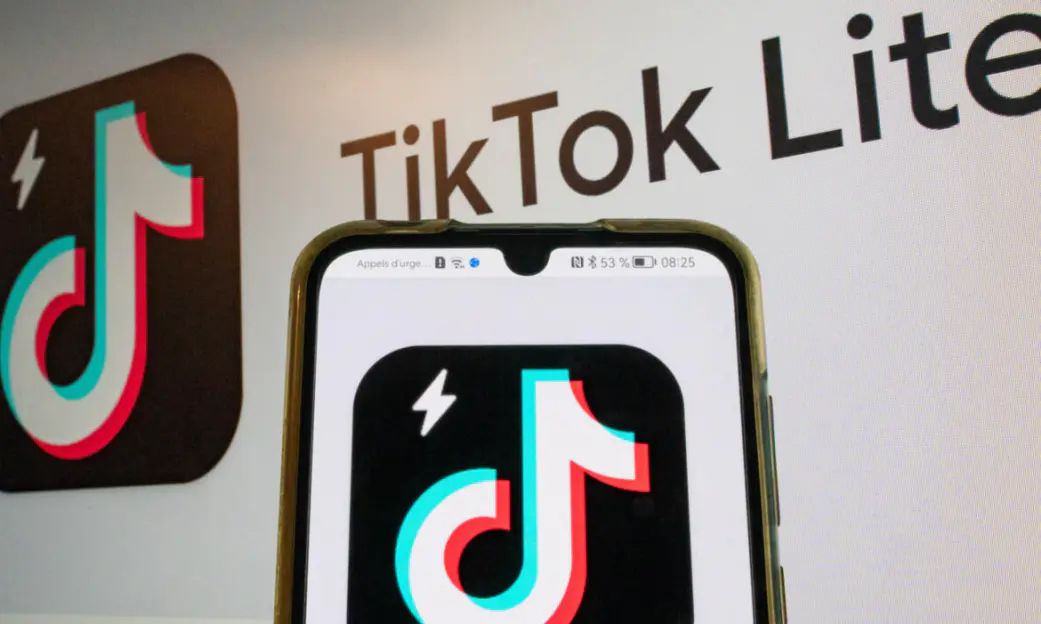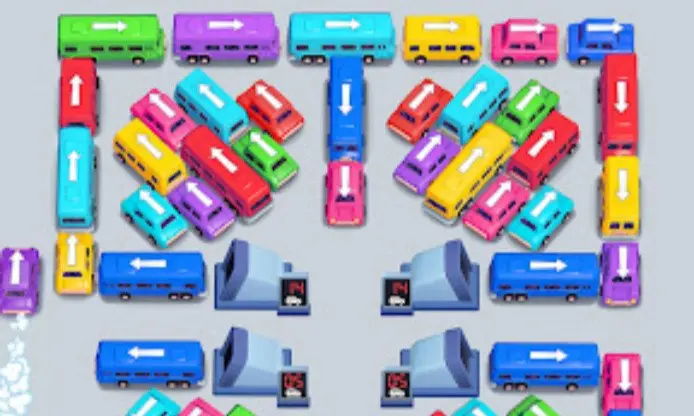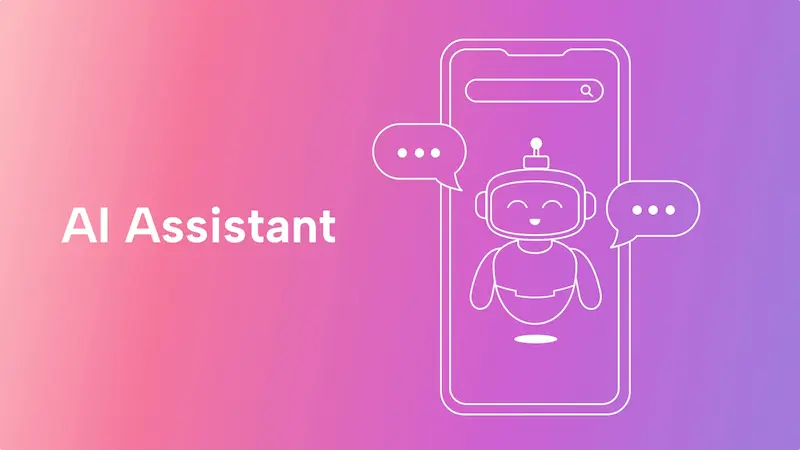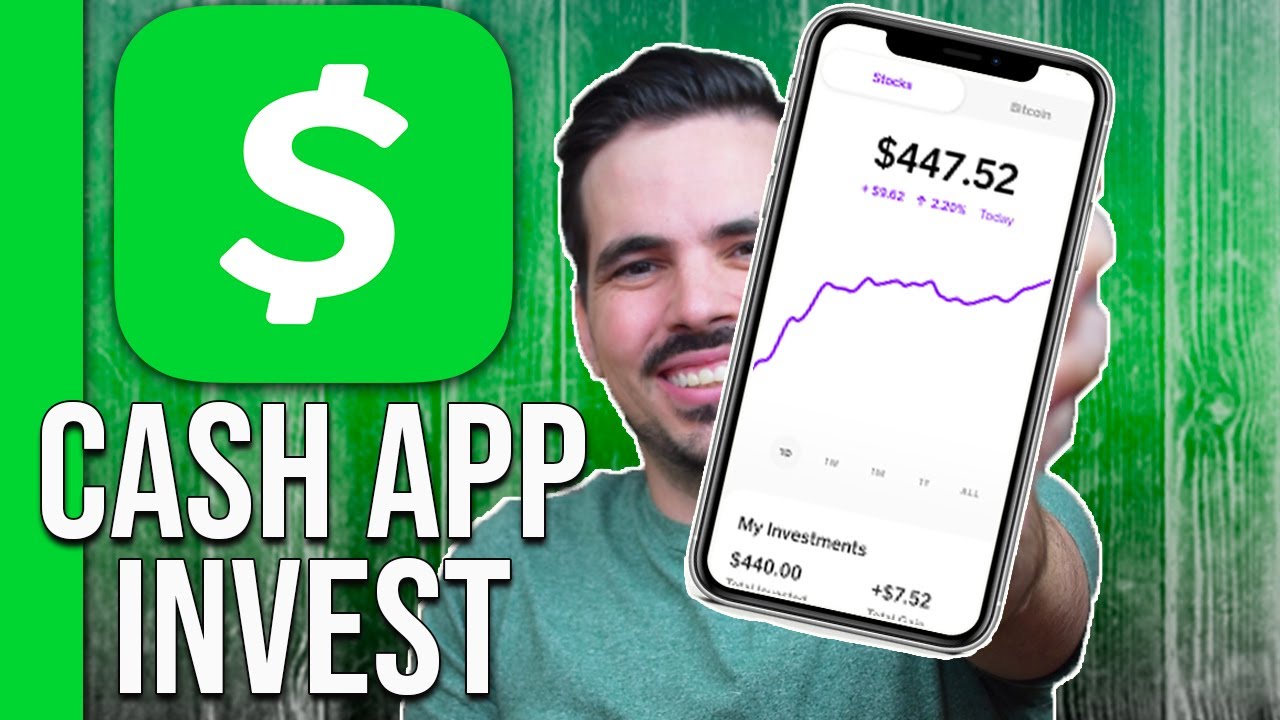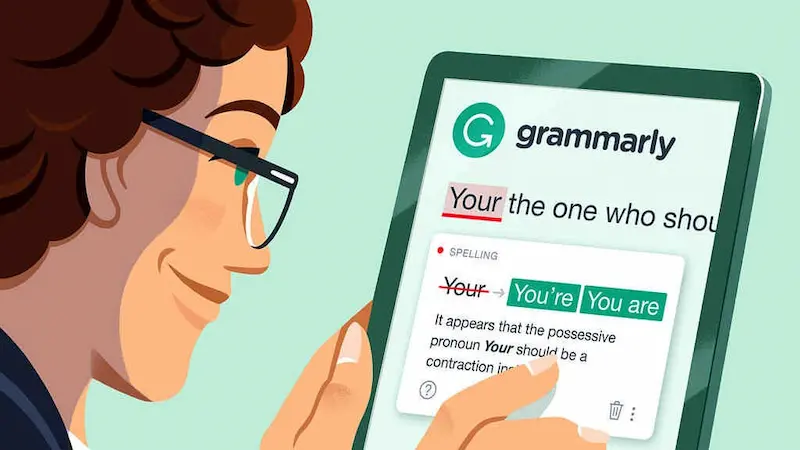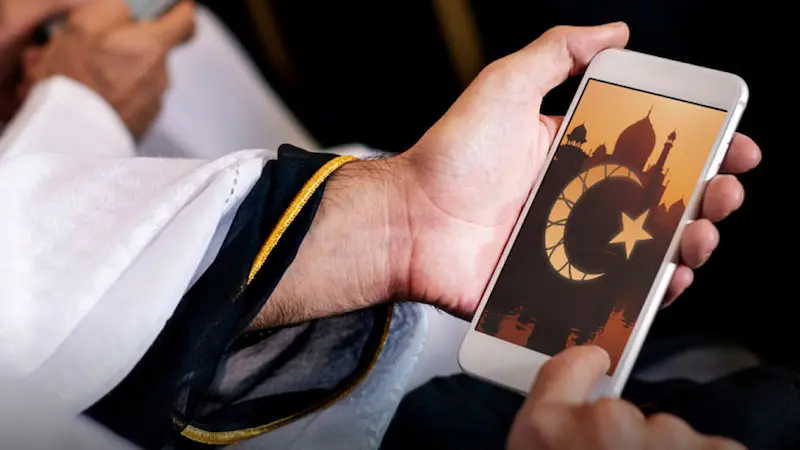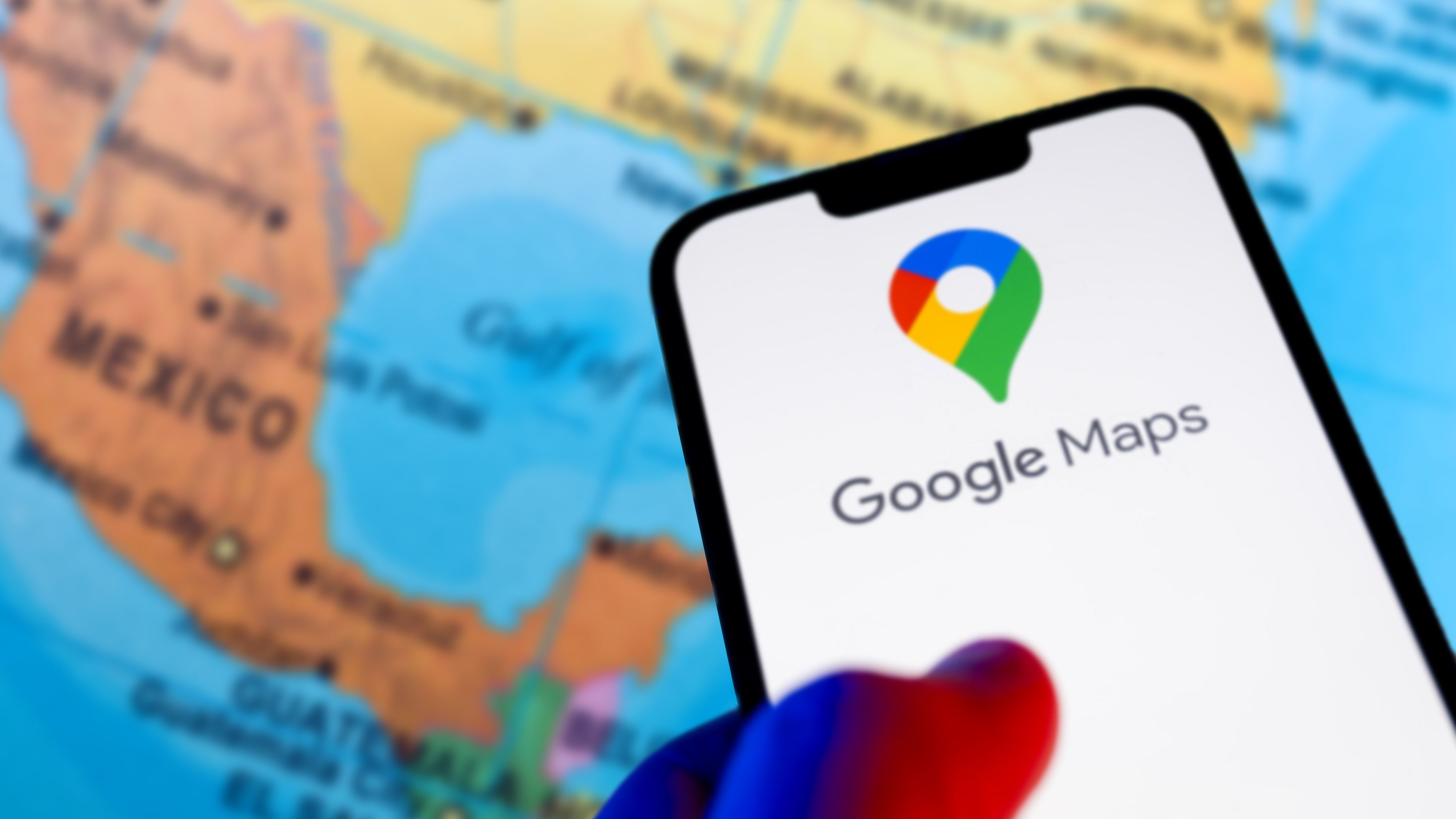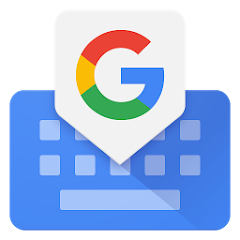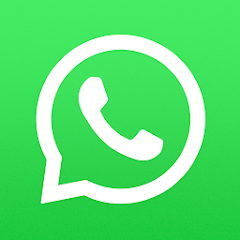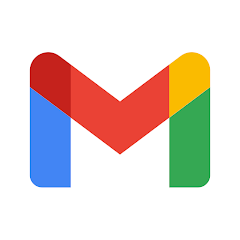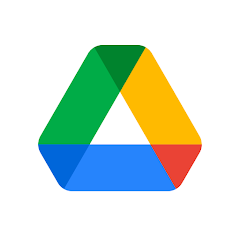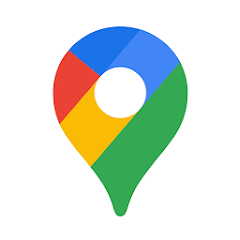Master Your Finances: How to Use Cash App for Budgeting and Saving
Introduction:
In today’s fast-paced world, managing personal finances can feel like a constant juggling act. From tracking expenses to setting savings goals, it’s easy to feel overwhelmed. But what if there was a simple, intuitive tool that could help you take control of your financial life? Enter Cash App, the versatile mobile payment platform that’s not just for sending money to friends. With its budgeting and saving features, Cash App can be your secret weapon for mastering your finances and achieving your financial goals.
This article will delve into the power of Cash App as a personal finance management tool. We’ll explore how to use Cash App for budgeting, setting savings goals, tracking expenses, and ultimately, building a healthier financial future. Whether you’re a seasoned budgeter or just starting to get your finances in order, this guide will provide you with practical tips and strategies to leverage Cash App’s features to your advantage.
Beyond Payments: Cash App as a Financial Hub
While Cash App is primarily known for its peer-to-peer payment functionality, it offers a suite of features that make it a surprisingly effective tool for personal finance management:
- Direct Deposit: You can set up direct deposit to receive your paycheck directly into your Cash App account. This allows you to easily allocate funds for different purposes, such as budgeting and saving.
- Cash Card: The Cash Card is a customizable debit card linked to your Cash App balance. You can use it to make purchases online and in stores, and it provides a convenient way to track your spending.
- Boosts: Cash App offers “Boosts,” which are discounts and rewards that you can apply to your Cash Card purchases. These Boosts can help you save money on everyday expenses.
- Investing: As discussed in the previous article, Cash App allows you to invest in stocks and ETFs with as little as $1. This makes it easy to start building a diversified investment portfolio.
- Bitcoin: Cash App also allows you to buy, sell, and send Bitcoin. While Bitcoin is a volatile asset, it can be a part of a diversified investment strategy.
- Budgeting (Indirectly): While Cash App doesn’t have a dedicated budgeting feature, you can use its various functionalities to create your own budgeting system.
Creating a Budget with Cash App: A Practical Approach
While Cash App doesn’t offer a built-in budgeting tool like some dedicated budgeting apps, you can creatively use its features to create your own personalized budgeting system:
Track Your Income and Expenses: The first step in creating a budget is to track your income and expenses. Use your Cash App transaction history to see where your money is going. Categorize your expenses into different categories, such as rent, groceries, transportation, entertainment, and so on.
Set Financial Goals: Determine what you want to achieve with your money. Do you want to save for a down payment on a house, pay off debt, or invest for retirement? Setting clear financial goals will help you stay motivated and focused.
Allocate Funds: Once you know your income, expenses, and financial goals, you can allocate funds to different categories. Decide how much money you want to spend on each category each month.
Use Cash App for Spending: Use your Cash Card for as many purchases as possible. This will make it easier to track your spending and stay within your budget.
Monitor Your Progress: Regularly review your Cash App transaction history to see how you’re doing. Are you staying within your budget? Are you making progress towards your financial goals?
Adjust Your Budget: If you’re not staying within your budget, you may need to adjust your spending habits or find ways to increase your income.
Tips for Effective Budgeting with Cash App:
- Use the Cash Card for All Purchases: This will give you a comprehensive view of your spending habits.
- Categorize Your Transactions: Manually categorize your transactions to track your spending in different areas.
- Set Spending Limits: Set mental spending limits for each category and try to stick to them.
- Review Your Budget Regularly: Make it a habit to review your budget at least once a week to stay on track.
- Automate Savings: Set up automatic transfers from your Cash App balance to a separate savings account.
Setting Savings Goals with Cash App
Cash App can be a powerful tool for setting and achieving your savings goals. Here’s how:
- Define Your Savings Goals: Be specific about what you’re saving for. Instead of just saying “I want to save money,” set a specific goal, such as “I want to save $5,000 for a down payment on a car.”
- Calculate How Much You Need to Save Each Month: Divide your savings goal by the number of months you have to reach your goal. This will give you the amount you need to save each month.
- Automate Your Savings: Set up automatic transfers from your Cash App balance to a separate savings account. This will make saving effortless and consistent.
- Track Your Progress: Monitor your savings progress regularly. This will help you stay motivated and on track.
- Celebrate Your Milestones: When you reach a savings milestone, reward yourself (in a small, budget-friendly way!). This will help you stay motivated and celebrate your success.
Strategies for Maximizing Savings with Cash App:
- Round Up Your Purchases: Round up your Cash Card purchases to the nearest dollar and automatically transfer the difference to your savings account.
- Use Boosts: Take advantage of Cash App’s Boosts to save money on everyday purchases.
- Set Savings Challenges: Challenge yourself to save a certain amount of money each week or month.
- Cut Unnecessary Expenses: Identify areas where you can cut back on spending and put the savings towards your goals.
- Earn Extra Income: Explore ways to earn extra income, such as freelancing or selling items online, and put the extra money towards your savings goals.
Real-Life Examples and Stories
The Story of Maria: Maria, a single mother, was struggling to make ends meet. She was living paycheck to paycheck and had no savings. After discovering Cash App, she started using it to track her expenses and create a budget. She was surprised to see how much money she was spending on unnecessary things. She cut back on those expenses and started saving a small amount of money each month. Over time, her savings grew, and she was able to build an emergency fund.
The Case of David: David, a recent college graduate, was burdened with student loan debt. He wanted to pay off his debt as quickly as possible. He used Cash App to track his expenses and create a budget. He identified areas where he could cut back on spending and put the extra money towards his student loans. He also used Cash App to automate his loan payments. As a result, he was able to pay off his student loans much faster than he had anticipated.
The Power of Small Savings: A young couple decided to save for a down payment on a house. They started by saving just $25 per week. They used Cash App to automate their savings and track their progress. Over time, their savings grew, and they were eventually able to save enough money for a down payment on their dream home. This shows that even small savings can add up over time.
Potential Pitfalls and How to Avoid Them
- Overspending: It’s easy to overspend when you have a debit card readily available. Be mindful of your spending and stick to your budget.
- Ignoring Your Budget: Creating a budget is only half the battle. You need to actively monitor your spending and make adjustments as needed.
- Not Setting Realistic Goals: Setting unrealistic savings goals can lead to discouragement. Set achievable goals that you can realistically reach.
- Relying Solely on Cash App: While Cash App is a useful tool, it’s not a substitute for a comprehensive financial plan. Consider consulting with a financial advisor to create a personalized financial plan.
Conclusion:
Cash App is more than just a payment app; it’s a versatile tool that can help you master your finances. By using Cash App for budgeting, setting savings goals, and tracking expenses, you can take control of your financial life and achieve your financial dreams. Remember to start small, be consistent, and stay motivated. With Cash App, you can build a brighter financial future for yourself and your family.

